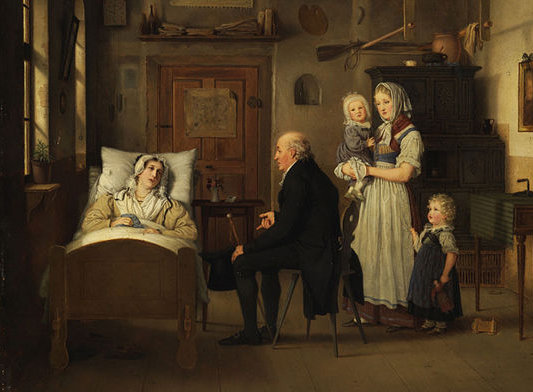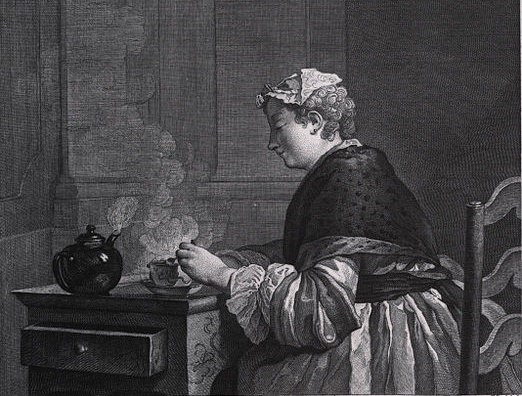
oragious
adj. stormy
tenebrific
adj. producing darkness
Above: From the NOAA photo library, “The awesome power of a tornado demonstrated — a 33rpm plastic record blown into a telephone pole.” See Freaks of the Storm and Mean Winds.

oragious
adj. stormy
tenebrific
adj. producing darkness
Above: From the NOAA photo library, “The awesome power of a tornado demonstrated — a 33rpm plastic record blown into a telephone pole.” See Freaks of the Storm and Mean Winds.
AMBIDEXTROUS is ambidextrous — its first half draws on the first half of the alphabet, its second on the second.
Mark Twain received this letter from a Danish customs officer in 1879:
Please to excuse that I fall with the door in the house, without first to begin with the usual long ribble-row. I want to become the autograph of the over alle the world well known Mark Twain, whose narratives so apt have procured me a laughter.
If you will answer this letter, I will be very glad. Answer me what you will; but two words. If you will not answer me other so write only, that you do not like to write autographs.
Your
Carl Jensen
It’s not known whether he responded, but on the envelope Twain wrote, “Please preserve this remarkable letter.” See Lost in Translation.
monomachy
n. a duel
In 1842, Abraham Lincoln, then an Illinois lawyer, published a letter in a Springfield newspaper criticizing the performance of the state’s auditor, James Shields. Shields, quick to anger, challenged Lincoln to a duel, and the two met on an island in the Mississippi River. As the challenged party, Lincoln was permitted to choose the weapon, and he requested long cavalry broadswords. As he stood 7 inches taller than Shields, this gave him an enormous advantage, which he demonstrated by cutting a branch above Shields’ head. Accounts differ as to how the auditor responded — he either laughed or quailed — but the two agreed not to fight. Lincoln appears to have been embarrassed by the whole affair, and declined to discuss it in later years.
(Thanks, Aric.)
philonoist
n. a lover of knowledge
inscient
n. ignorant; lacking knowledge
philalethist
n. a lover of the truth
“Have the courage to be ignorant of a great number of things, in order to avoid the calamity of being ignorant of everything.” — Sydney Smith
From a letter from Ben Franklin to John Lining of South Carolina, March 18, 1755:
I find a frank acknowledgment of one’s ignorance is not only the easiest way to get rid of a difficulty, but the likeliest way to obtain information, and therefore I practice it: I think it an honest policy. Those who affect to be thought to know every thing, and so undertake to explain every thing, often remain long ignorant of many things that others could and would instruct them in, if they appeared less conceited.

Write out the phrase “expect the devil.”
Extract the Roman numerals: eXpeCt the DeVIL
Add these: D (500) + C (100) + L (50) + X (10) + V (5) + I (1)
The total is 666.

lectual
adj. confining to the bed (“a lectual disease”)
bechic
n. a cough medicine
lambitive
n. a medicine to be licked, such as a cough drop

nullipara
n. a childless woman
vagitus
n. a newborn child’s cry
deiparous
adj. giving birth to a god

In 1964 Canadian writer Graeme Gibson bought a parrot in Mexico. The bird, which Gibson named Harold Wilson, was bright and affectionate at first, but he seemed to grow lonely in the dark Canadian winter, so in the spring Gibson made arrangements to donate him to the Toronto Zoo. At the aviary Gibson carried Harold into the cage that had been prepared for him, placed him on a perch, said his goodbyes, and turned to go.
“Then Harold did something that astonished me. For the very first time, and in exactly the voice my kids might have used, he called out ‘Daddy!’ When I turned to look at him he was leaning towards me expectantly. ‘Daddy’, he repeated.
“I don’t remember what I said to him. Something about him being happier there, that he’d soon make friends. The kind of things you say to kids when you abandon them at camp. But outside the aviary I could still hear him calling ‘Daddy! Daddy!’ as we walked away. I was shattered to discover that Harold knew my name, and that he did so because he’d identified himself with my children.
“I now believe he’d known it all along, but was using it — for the first time — out of desperation. Both Konrad Lorenz and Bernd Heinrich mention instances of birds calling out the private names of intimates when threatened by serious danger. I am no longer surprised by such information. We think of our captive birds as our pets, but perhaps we are theirs as well.”
(From Gibson’s Perpetual Motion, 1982.)

theic
n. one addicted to immoderate tea-drinking